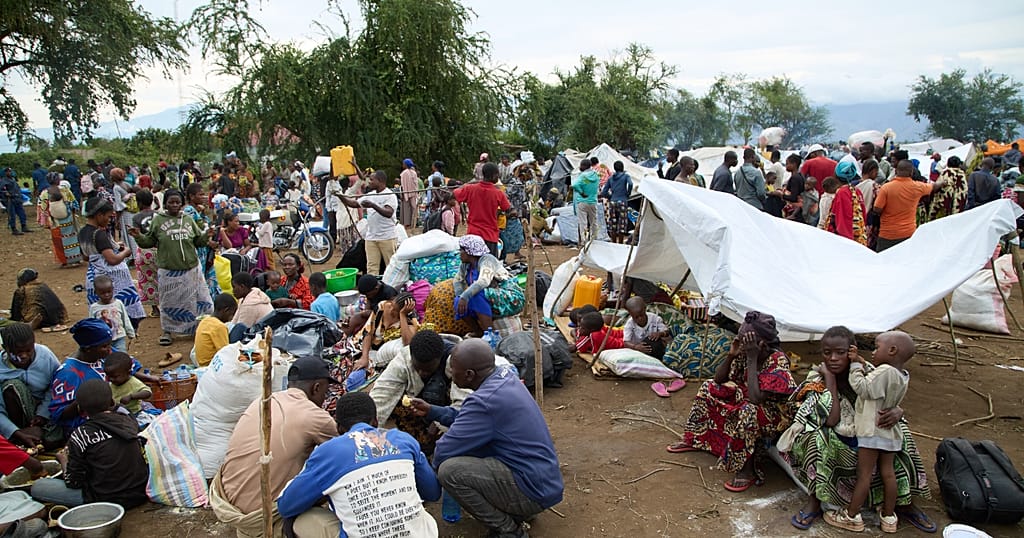IUCN report says one in three of world’s trees in danger of extinction

More than one in three of the world’s trees are in danger of extinction according to a new report by the International Union for Conservation of Nature (IUCN), threatening life on Earth as we know it.
It said the number of endangered trees is more than double the number of all threatened birds, mammals, reptiles, and amphibians combined.
The organisation’s first Global Tree Assessment was issued to coincide with the United Nation’s COP16 summit on biodiversity current underway in Colombia.
“We have assessed the status of the majority of the world’s tree species, so that’s about 47,000 species, and of those, one in three, or 38 per cent of them are threatened with extinction,” said the head of the IUCN’s Red List Unit, Craig Hilton-Taylor.
“Trees are a vital component of the world’s biodiversity, and much of the biodiversity, including people, are entirely dependent on trees for their livelihoods, for their well-being, for food, for shelter,” he said.
Trees play an essential role in terms of the Earth’s carbon cycle, water cycles, and nitrogen cycle.
In South America, home to the majority of the world’s trees, 25 per cent face the possibility of extinction. While Africa has far fewer trees, 45 per cent of them are considered to be threatened.
“The biggest threat to trees around the world is deforestation, loss of habitat to expanding agriculture, both crops and grazing. Invasive species are a major threat, and a growing threat is climate change,” said Hilton-Taylor.
Trees now account for over one quarter of species on the IUCN Red List, which is the globally recognised catalogue of species under threat.
“So the urgency is high. We need to act now. Species are declining. Unless we start acting now, we will not stop these declines in time and those species will go extinct,” says Hilton-Taylor.
Kevin Martin, head of Tree Collections at Britain’s Royal Botanic Gardens Kew, said climate change is one of the main problems.
“Our climate is changing really rapidly. And the trees, they are slow growing organism. They really do struggle to adapt to the very rapid change in climatic conditions,”
The IUCN is calling for forest protection and restoration through tree planting, as well as the conservation of endangered species through seed banks and botanical garden collection.
Source: Africanews















